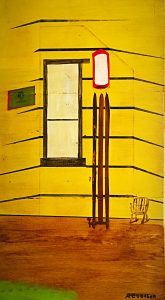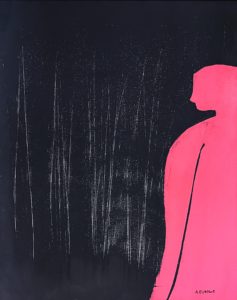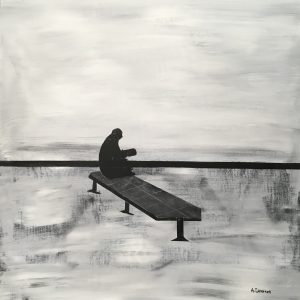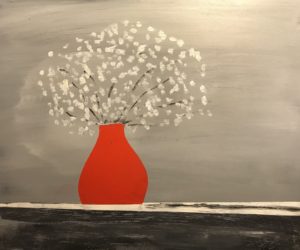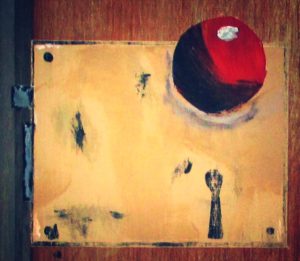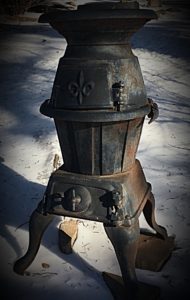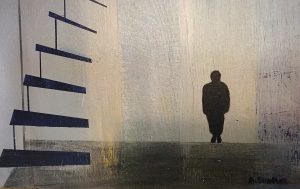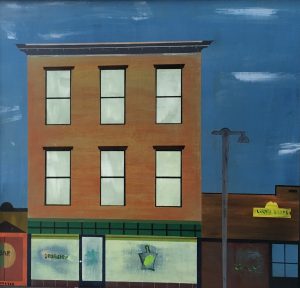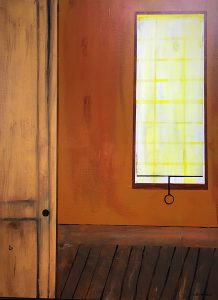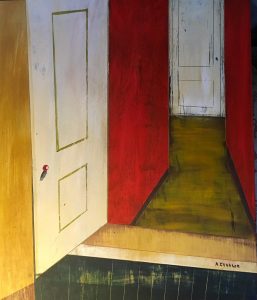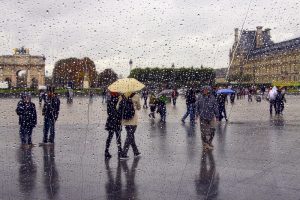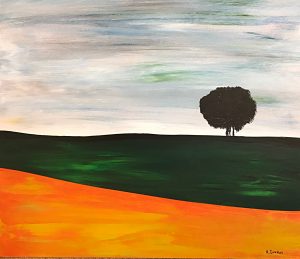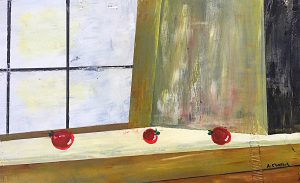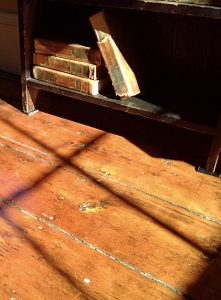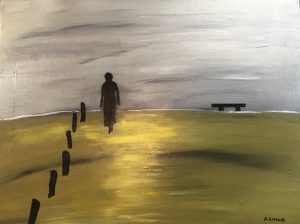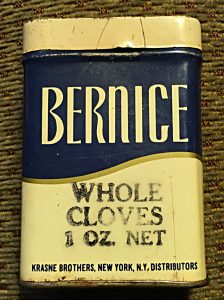July 11, 2016
By Arthur H. Gunther III
ahgunther@hotmail.com
Equal time for Hillary in an unequal presidential race, in a time of sad national inequality.
The last mildly satirical column suggested The Donald doesn’t want the presidency, that he never thought his sales job would connect, that he’ll give up the nation’s highest office after a round of golf at Trump White House. He sealed the deal, and that was what counted.
This week the satire, however grave the national moment, is aimed at Hillary Clinton, who does want to sit again in the Oval Office, with Bill bringing the morning java.
I met Hillary once, in 2000 at a Journal News combined Editorial Board session when she was running for the U.S. Senate from New York though a native Chicagoan.
We each asked questions of Hillary, and mine was where she saw herself in 20 years — would she be a respected, revered figure, a career senator who could make things happen for the public good? It was a naive query, immediately realized, for the soon-to-be senator-elect quickly and forcefully answered that she would be influential but gave no term of service.
The Senate and long service to the country in that body were not her end goal. Indeed, Hillary resigned in January 2009 to become Obama’s secretary of state, having lost her own first try for the Democratic presidential nomination.
Now there is no sin in wanting to be president and in crafting a long-term bid, but there has to be a candidate platform, too, one that is not, in these times especially, jingoistic, same-old and not tied to Wall Street or other big money no matter how much you protest that it is not. Seeking the highest office is not enough. A true plan of action to restore hope in America is a must. That means solid jobs, guaranteed educational equality, including college tuition, sensible immigration, ending frightening, utter racism and assuring freedom from want, from fear, freedom of speech and religion. There has to be a second revolution, really, a return trip to the Founders’ ideals, which have been taking so long to implement, inch by inch, but which now so dangerously have been forgotten in a rising sea of ignorance, prejudice, hate and deliberate falsehood. There are those who manipulate the people, who try to hijack national policy by lies, falsehood.
Donald Trump is not the person to unite us, to stop shootings, to celebrate the possibilities of America. He may not have wanted the job, but if he gets it, he may forge ahead as a bull running over the pages of our Constitution. And while Hillary is focused on getting back the White House keys, she has so far offered no creative, forceful, dynamic agenda that would approach the greatness of America. Yet she is not the fuzzy brain of her presumed opponent. A clear though unwelcome choice awaits America.
The presidency is the seat held by George Washington, Abraham Lincoln and Franklin D. Roosevelt in grave and challenging times, and it cannot go to a fellow who wants to close the deal more than guide the world’s most influential nation. But there is failure, too, in granting what is now a king’s lifestyle to someone who may simply want the White House keys back and who may obfuscate to win.
November 2016 could bring the most important vote ever in this still-emerging democratic experiment. Do we pick a man who so far spouts racist and scary, non-sensical slogans and offers shallow understanding about how the system works, who may leave reasoning and conclusions to un-elected others before he signs off on a deal? Or do we choose a woman who may basically want a sandwich made at 2 a.m. by the White House kitchen? Where is either candidate’s assured and fully detailed investment in the presidency, that vaulted office we came to revere through our social studies classes and via actual leaders who set forward agendas? Whom are we voting for?
I do not know if we Americans have ever been informed enough or savvy enough to choose a president based on both revealed and perceived character, but we must finally try to do that. The democracy depends on it. The world does. Your children do.
Today’s entrenched government, with its long-seated “leaders” puppeted by big money, has let the jobs disappear, the middle class decline and added massive military and other debt. It threatens our grandchildren with 1900s living standards. It offers nothing sensible on immigration policy in a nation built by immigrants. It will not quiet horrible racism and prejudice. The times utterly require a shake-up akin to peaceful revolution.
The same common-man despair and fear, manipulated in ignorance, led to Brexit. It must not become Amerexit, for the only way to better the world is to spread the wealth, to share opportunity, but absolutely not by going backward in once forward-looking countries, not by neglecting anyone, not the former factory worker, not those welcomed by the Lady in the Harbor. That betterment could come — in America, in Britain, in the Third World and in nations where terrorism thrives on a loss of hope — but only IF greed shares the money. It will take a U.S. president and other national and world leaders of caliber not seen in decades to do that. This does not seem to be this election.
Maybe the run-up to November will give us a clue. Maybe. You cannot just want to close a deal. And you cannot just wish to sit behind the Rutherford B. Hayes Oval Office desk (interestingly Queen Victoria’s gift from pre-European Union Great Britain).
In 2016, there has to be a plan to save the nation and in that the world. We have not seen that plan. Someone, some day will be — we hope — our “real” president, an individual who finally understands what has been developing in America since 1776.
The writer is a retired newspaperman who can be reached at ahgunther@hotmail.com This essay may be reproduced.

